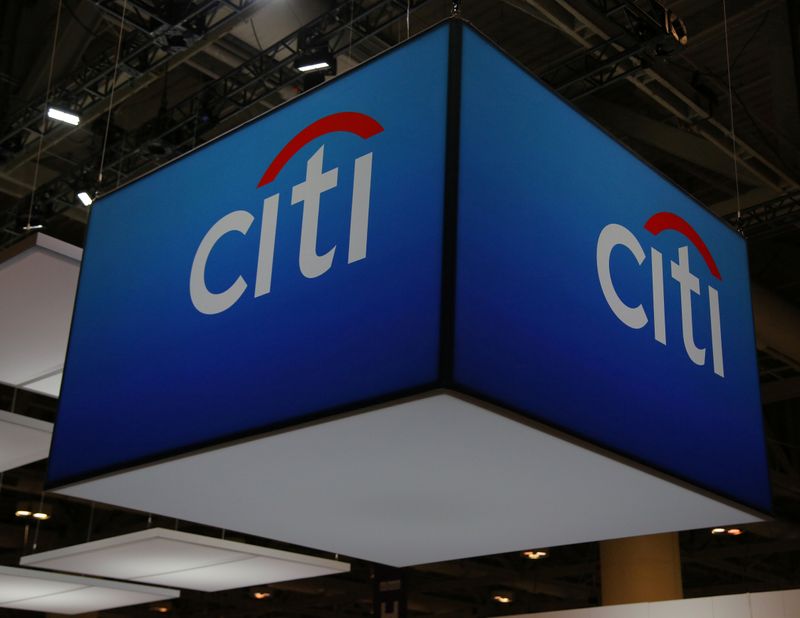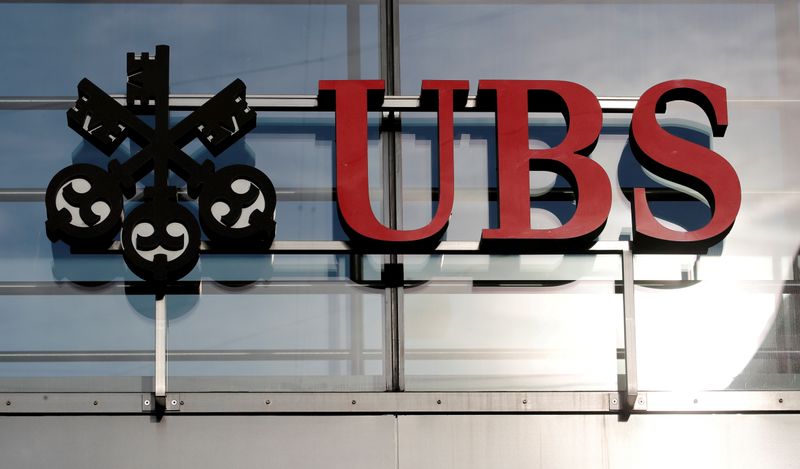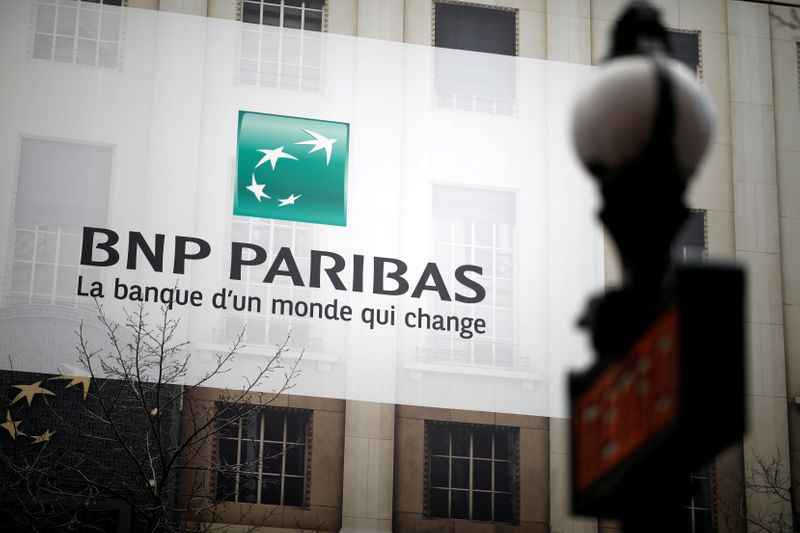ISTANBUL (Reuters) – Turkey’s BDDK bank regulator is dropping a trading ban imposed last week on UBS, Citigroup and BNP Paribas because they have fulfilled foreign exchange obligations promptly, according to a BDDK letter sent to banks on Monday.
The short-lived ban was one of a few protective measures adopted by the government on Thursday when the Turkish lira tumbled intraday to 7.269 versus the dollar, its weakest ever.
The three foreign banks have now “fulfilled their obligations in a reasonable time frame,” said the letter seen by Reuters and confirmed by a BDDK spokesman.
A BDDK investigation into UBS AG <UBSG.S>, Citigroup Inc <C.N>, and BNP Paribas <BNPP.PA> continued, the letter said. Bankers said FX trading had slowed on Monday between foreign banks and local state lenders, suggesting the ban left a chill.
Legal actions were also launched against London-based financial institutions, a state news agency said on Thursday, and regulators were given more authority to prosecute market manipulation.
Quotes for the value of the lira were a bit lower in local markets on Monday compared to offshore quotes, according to Refinitiv data.
Two bankers told Reuters this was due to foreign firms slowing trading with state lenders. “All banks are acutely cautious after the ban last week,” said a senior banker. “Especially foreign banks are extremely wary.”
MESSAGE SENT
The lira has tumbled about 16% so far this year due to the coronavirus pandemic that is expected to tip the economy into recession, as well as to investor concerns over Turkey’s depleted FX reserves and high external obligations.
In a separate move on Monday that could slow a rise in the current account deficit, the government announced new import tariffs on dozens of goods including dish washers, freezers, jewelry, musical instruments and sanitary products.
Additional tariffs of up to 30% would be applied on the imports of the products until Sept. 30, 2020, and up to 25% after that date, according to the Official Gazette.
When it banned lira trading at the three foreign banks last week, the BDDK said they did not meet liabilities in due time.
“I think the message to offshore players has been sent,” said Tim Ash, senior emerging market analyst at BlueBay Asset Management, adding that dropping the ban was positive because it “was trying to use a sledgehammer to crack a walnut.”
Ash said the ban risked collateral damage to both foreign institutional investors and local businesses clearing lira transactions through these banks.
(Reporting by Ebru Tuncay and Jonathan Spicer; Editing by Daren Butler and Mark Heinrich)
















